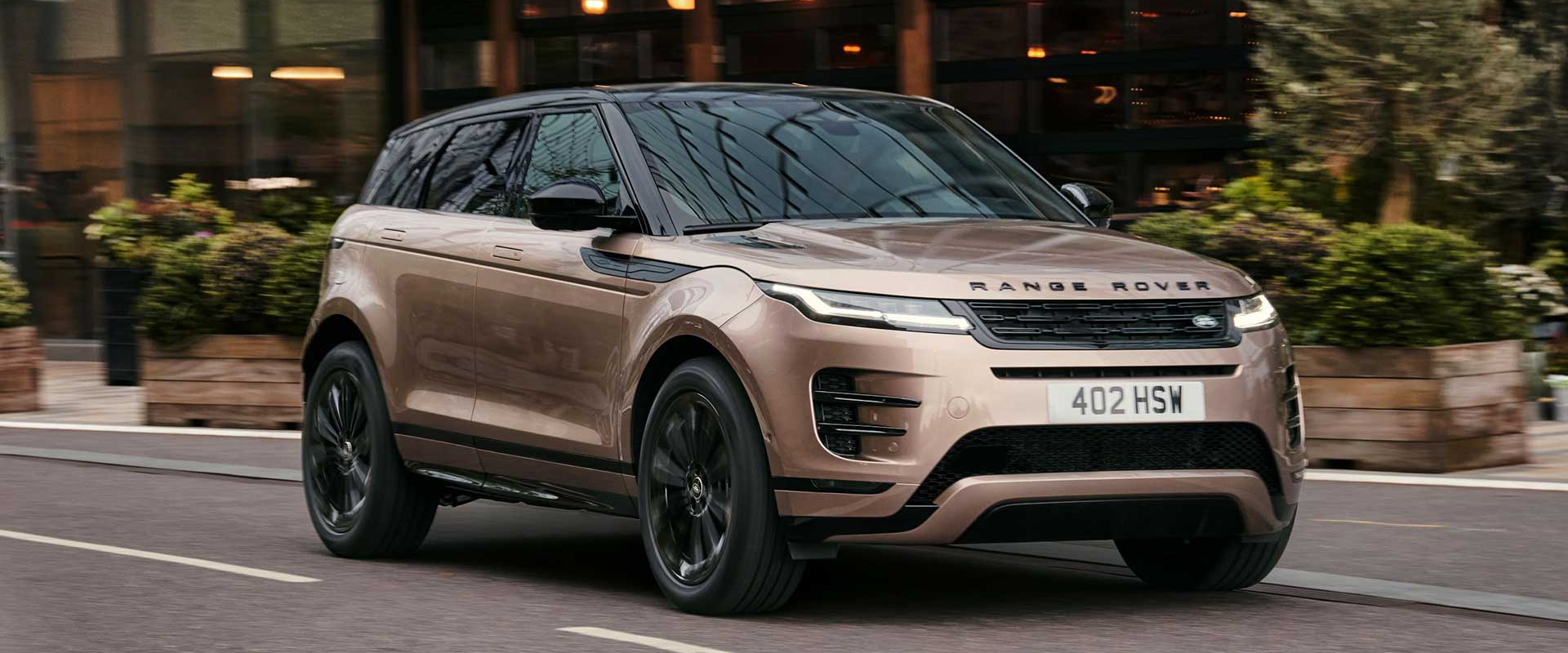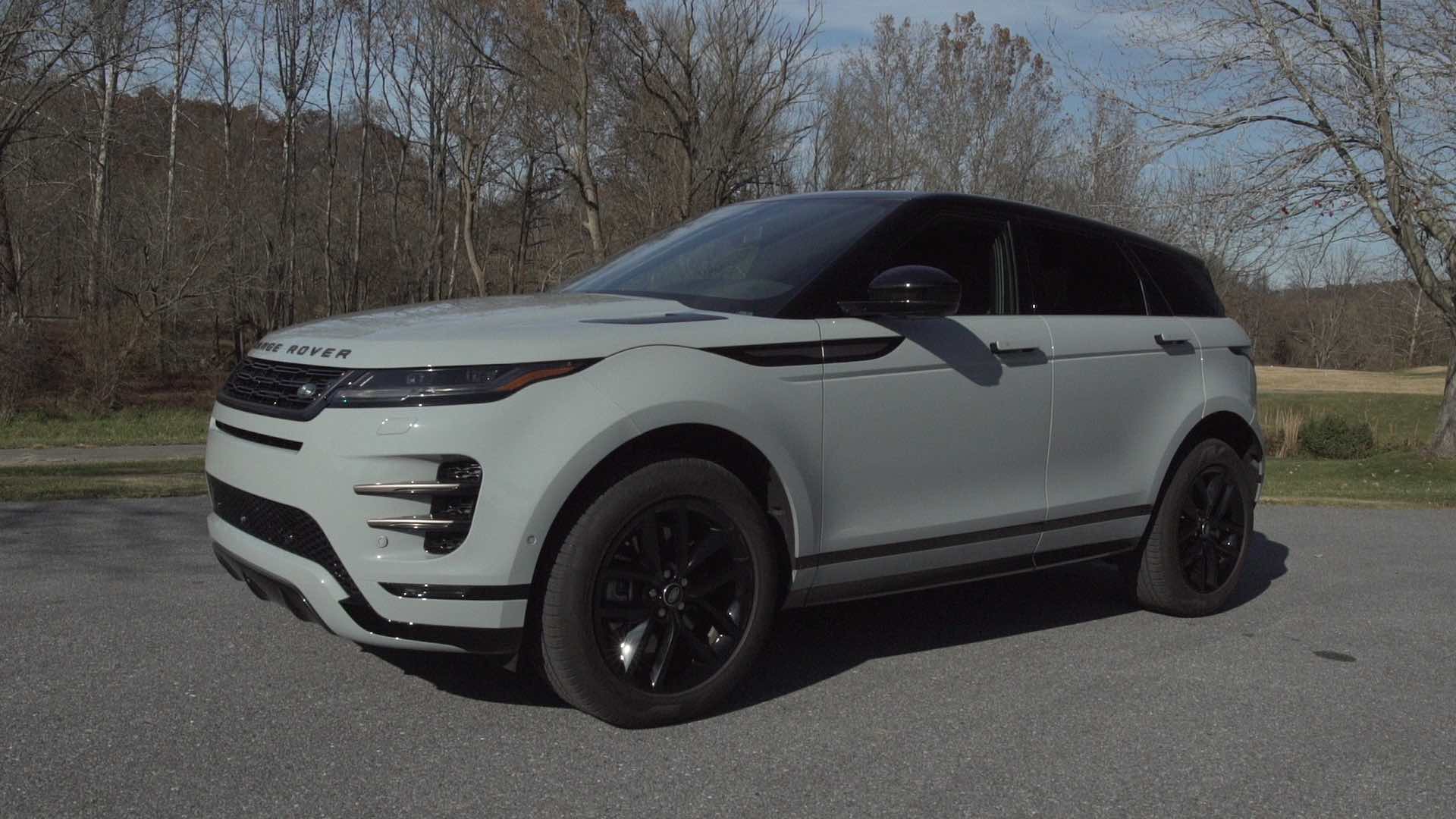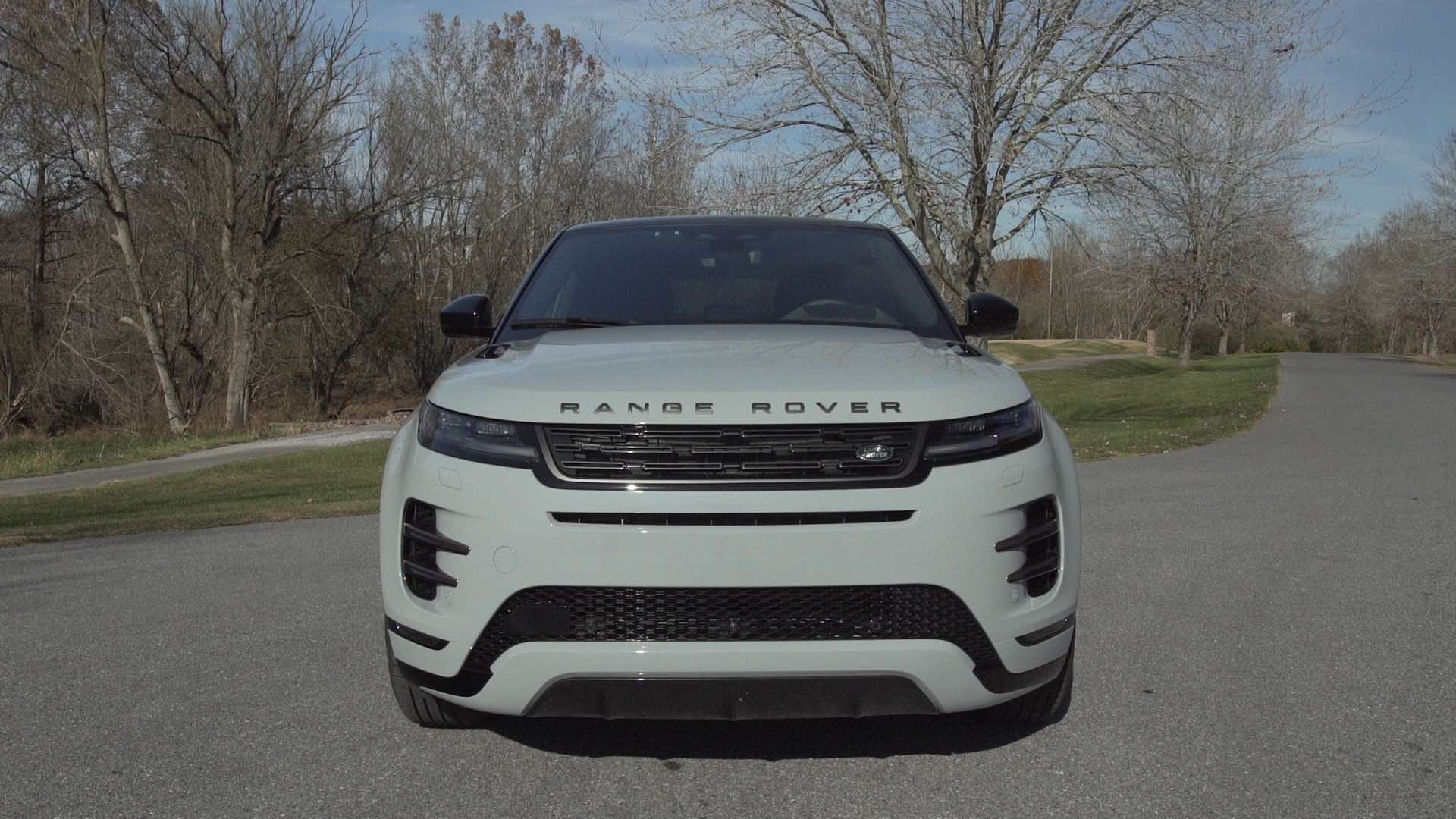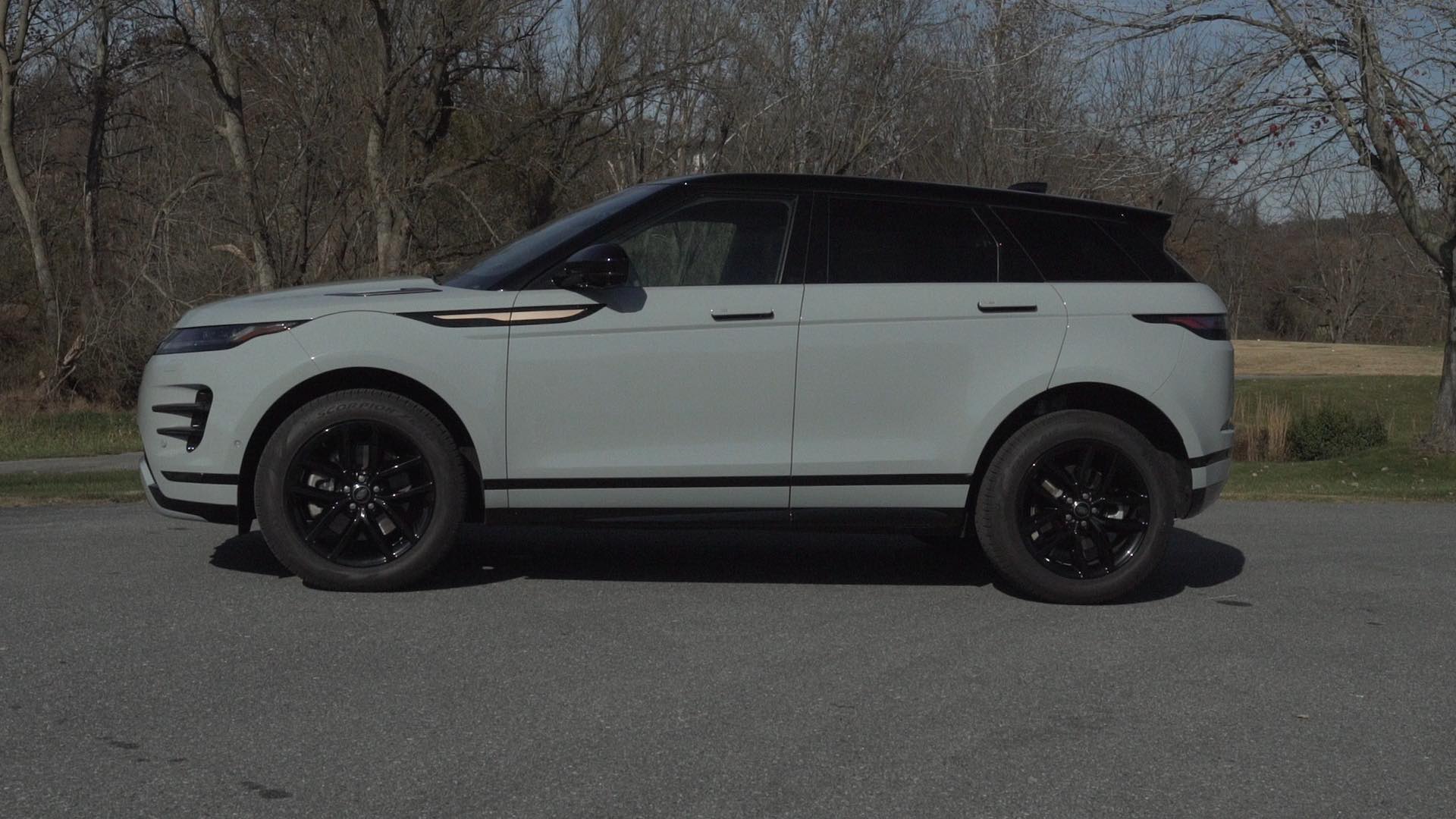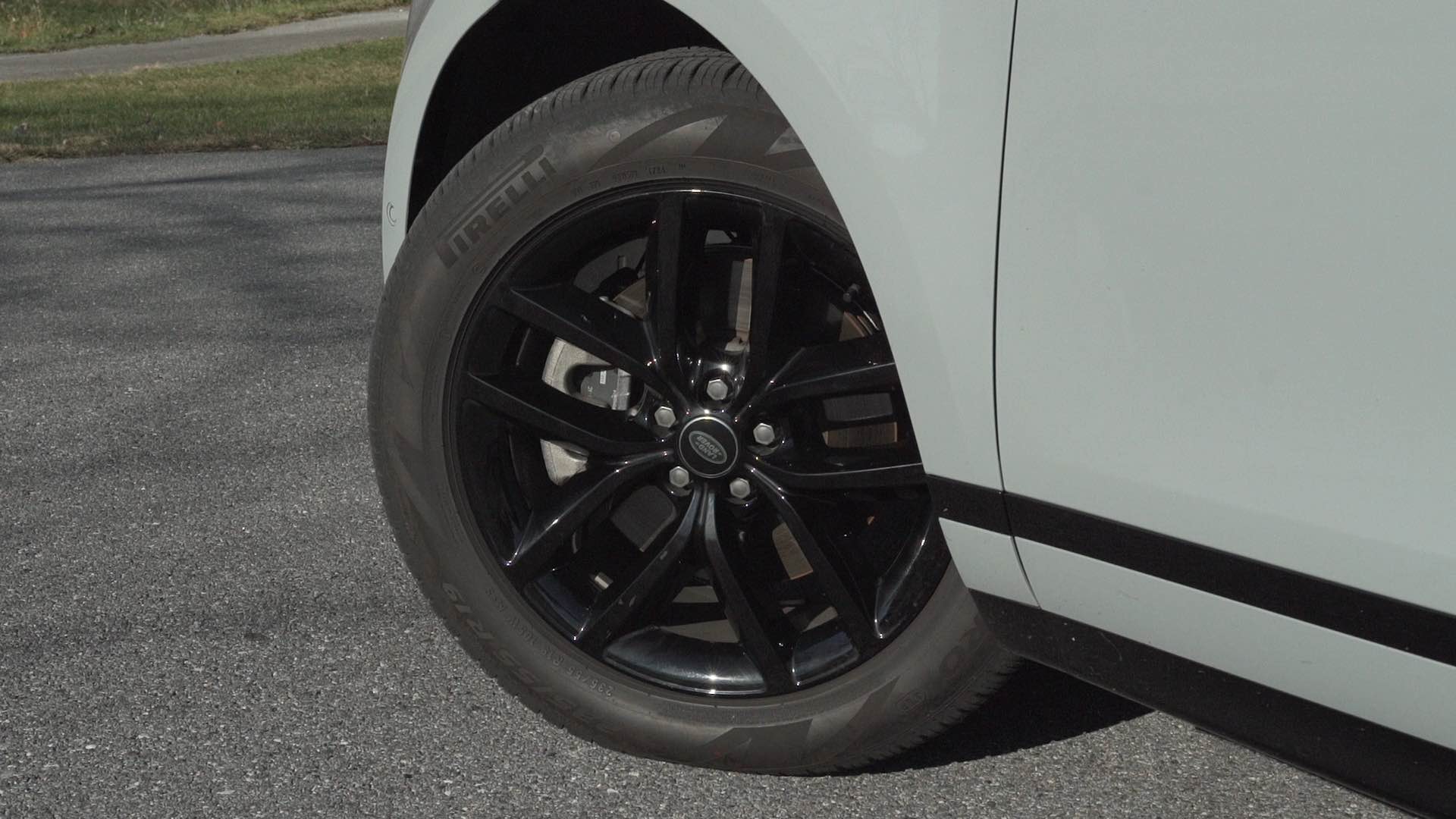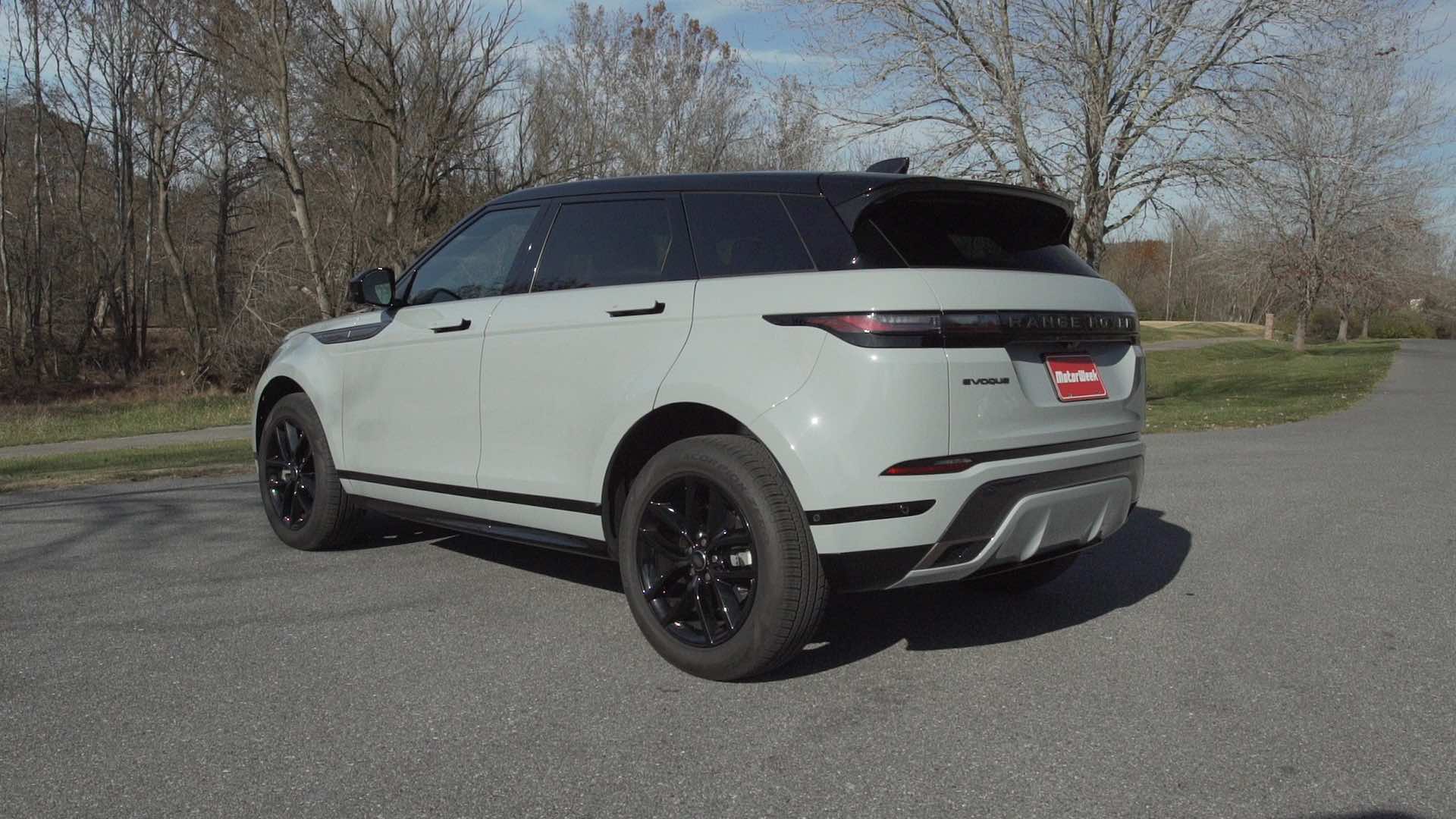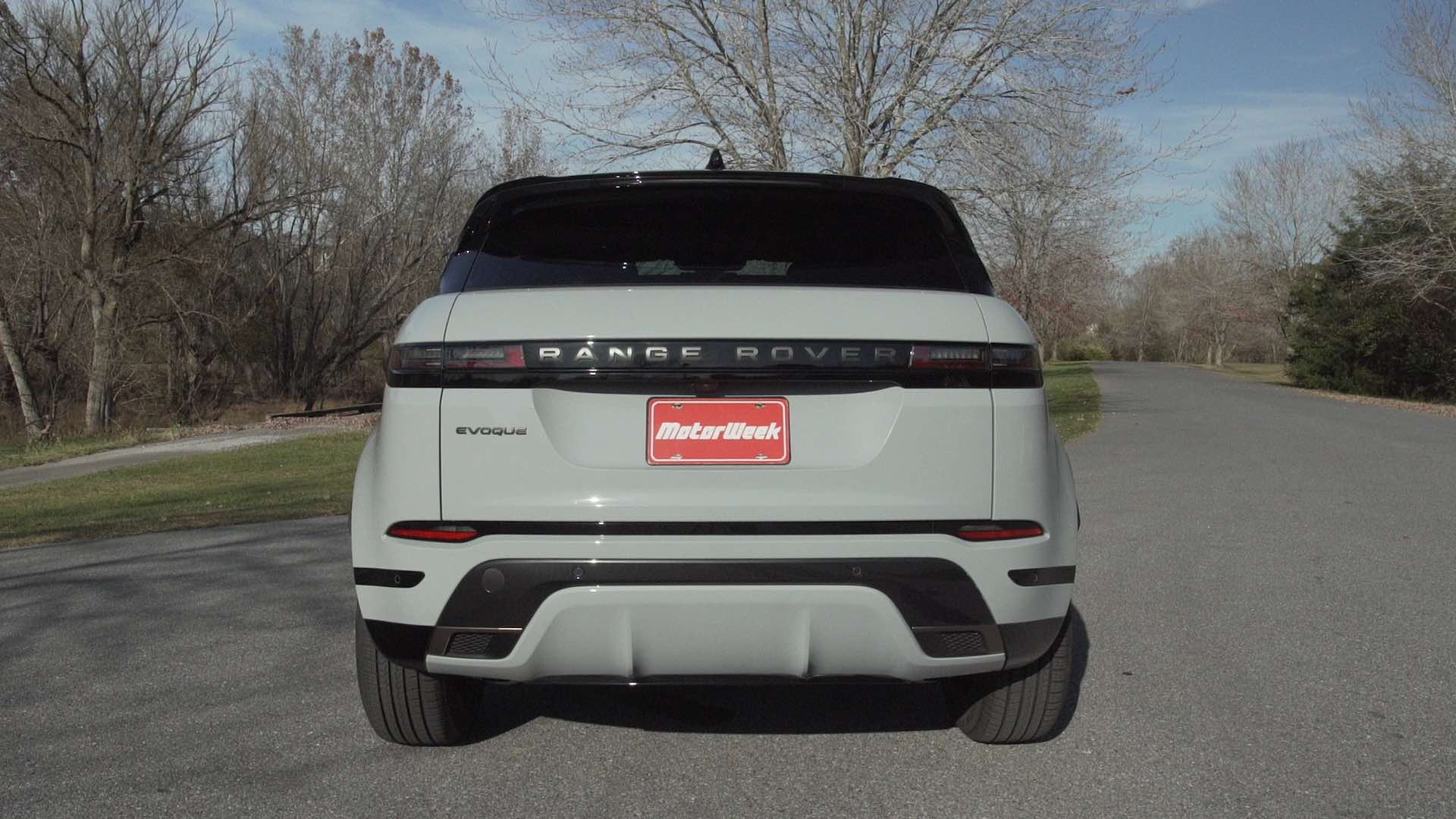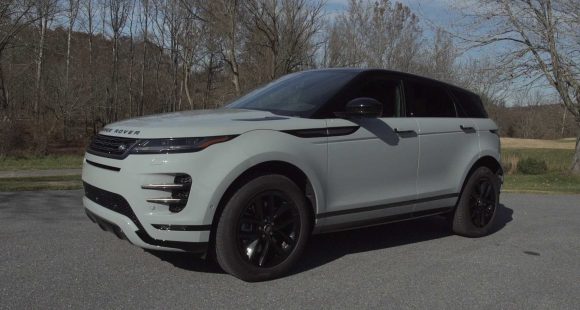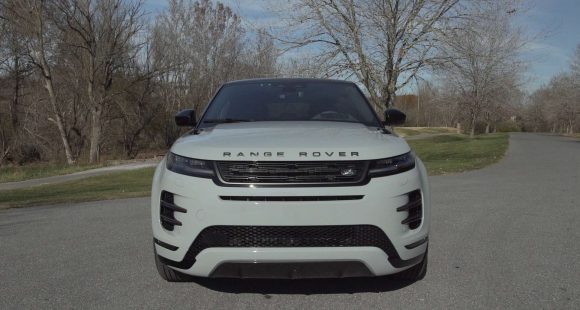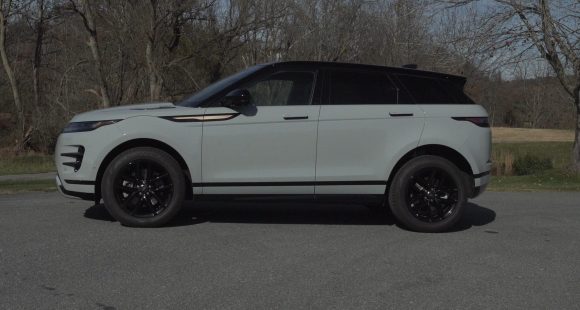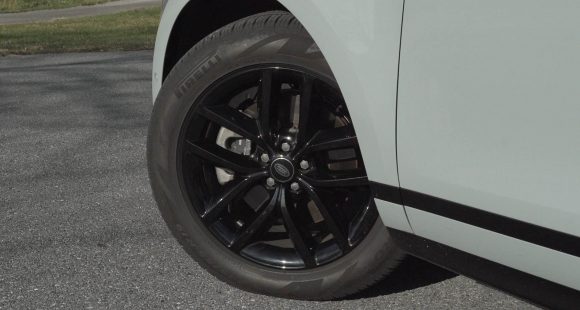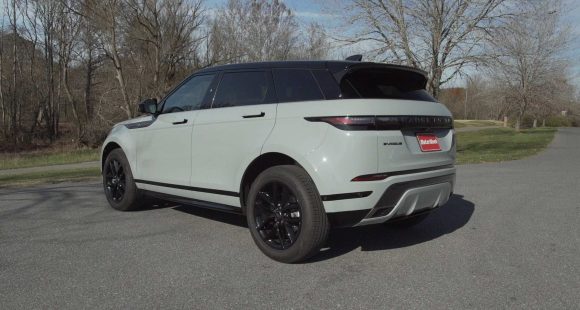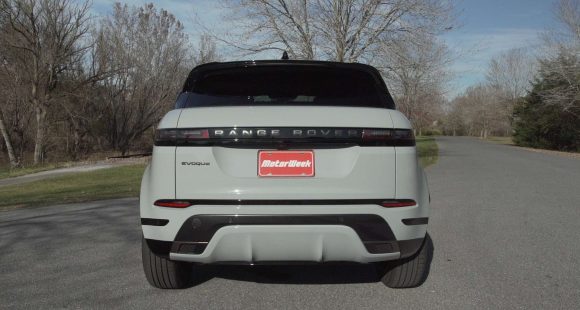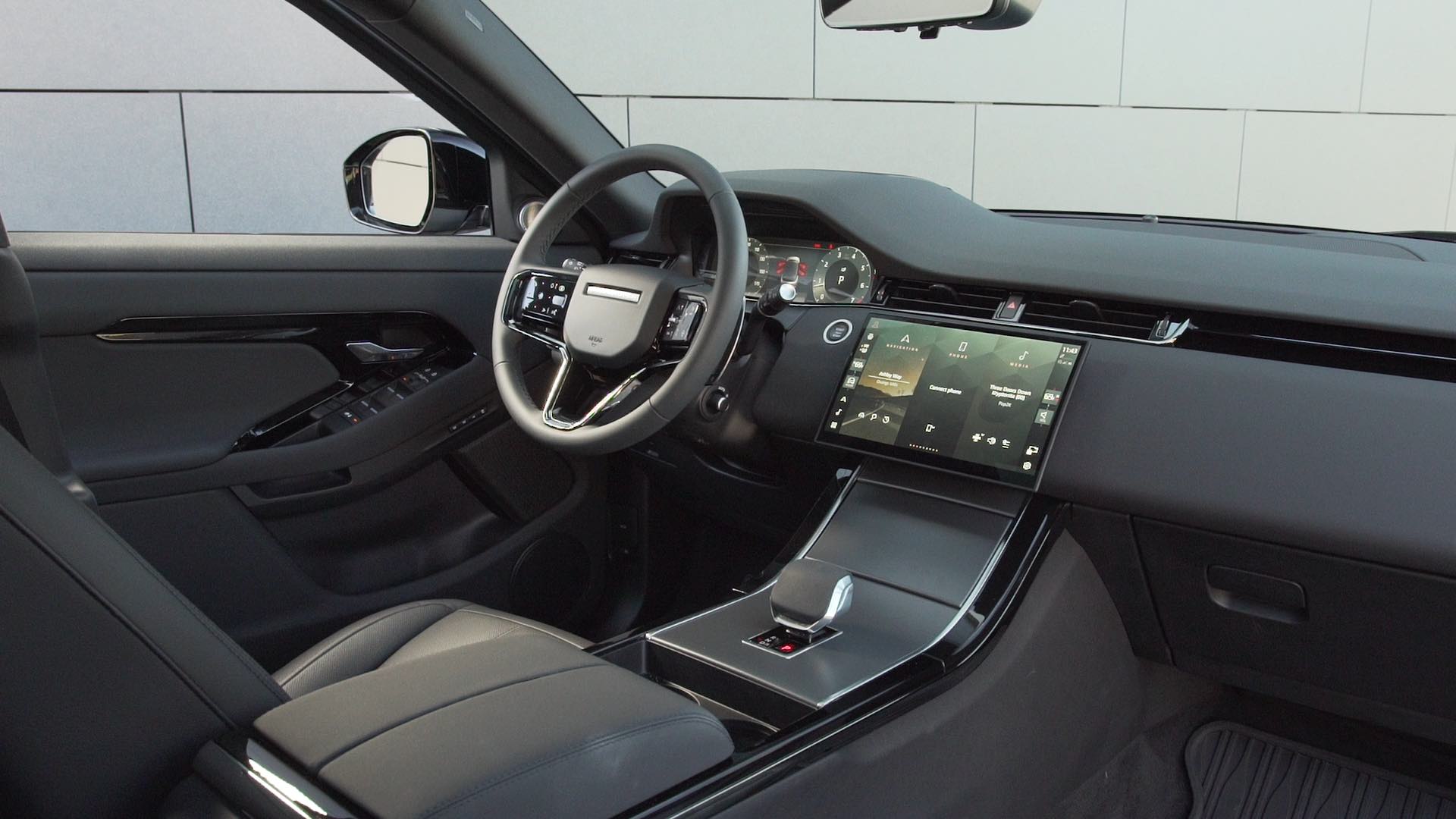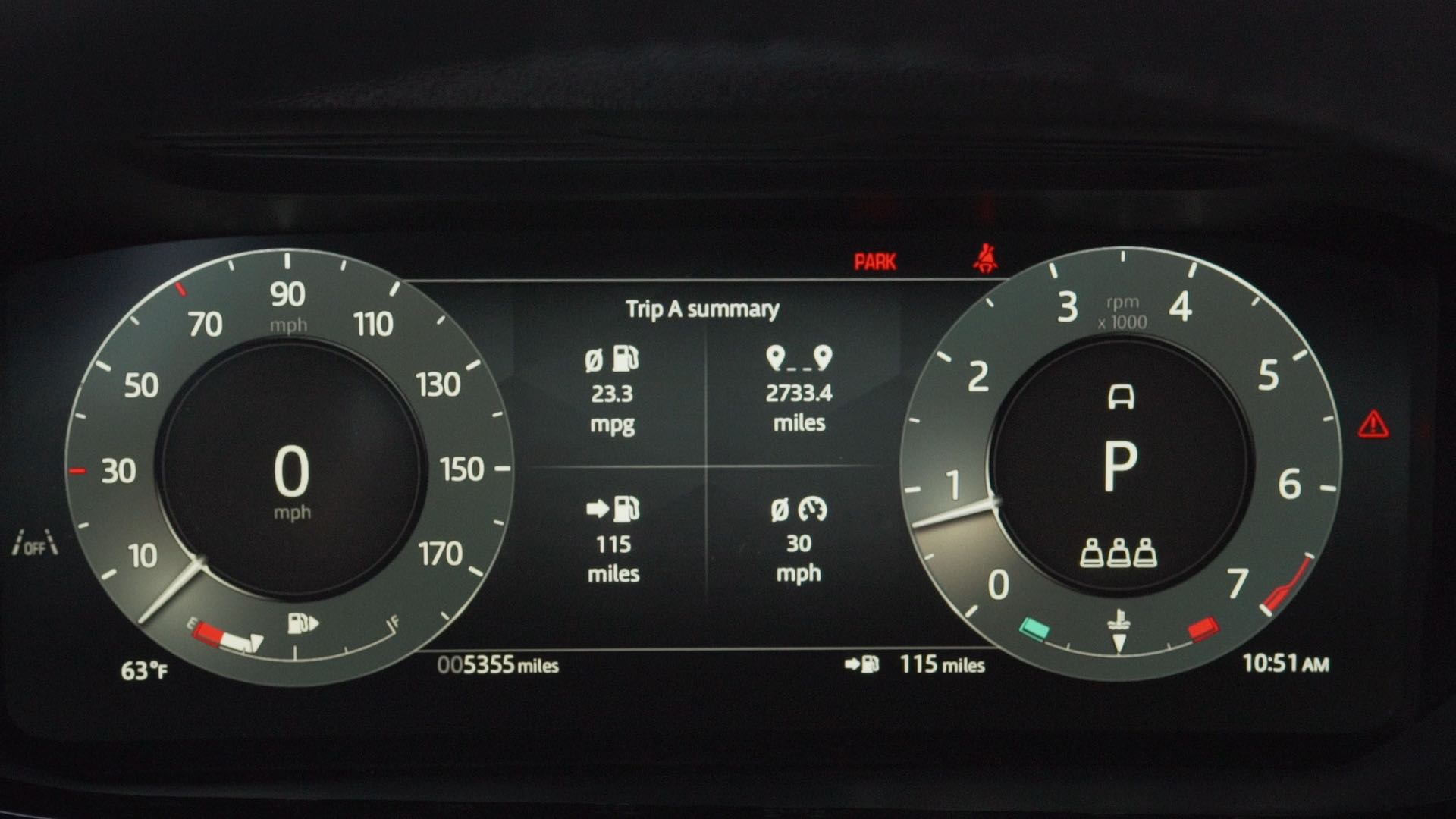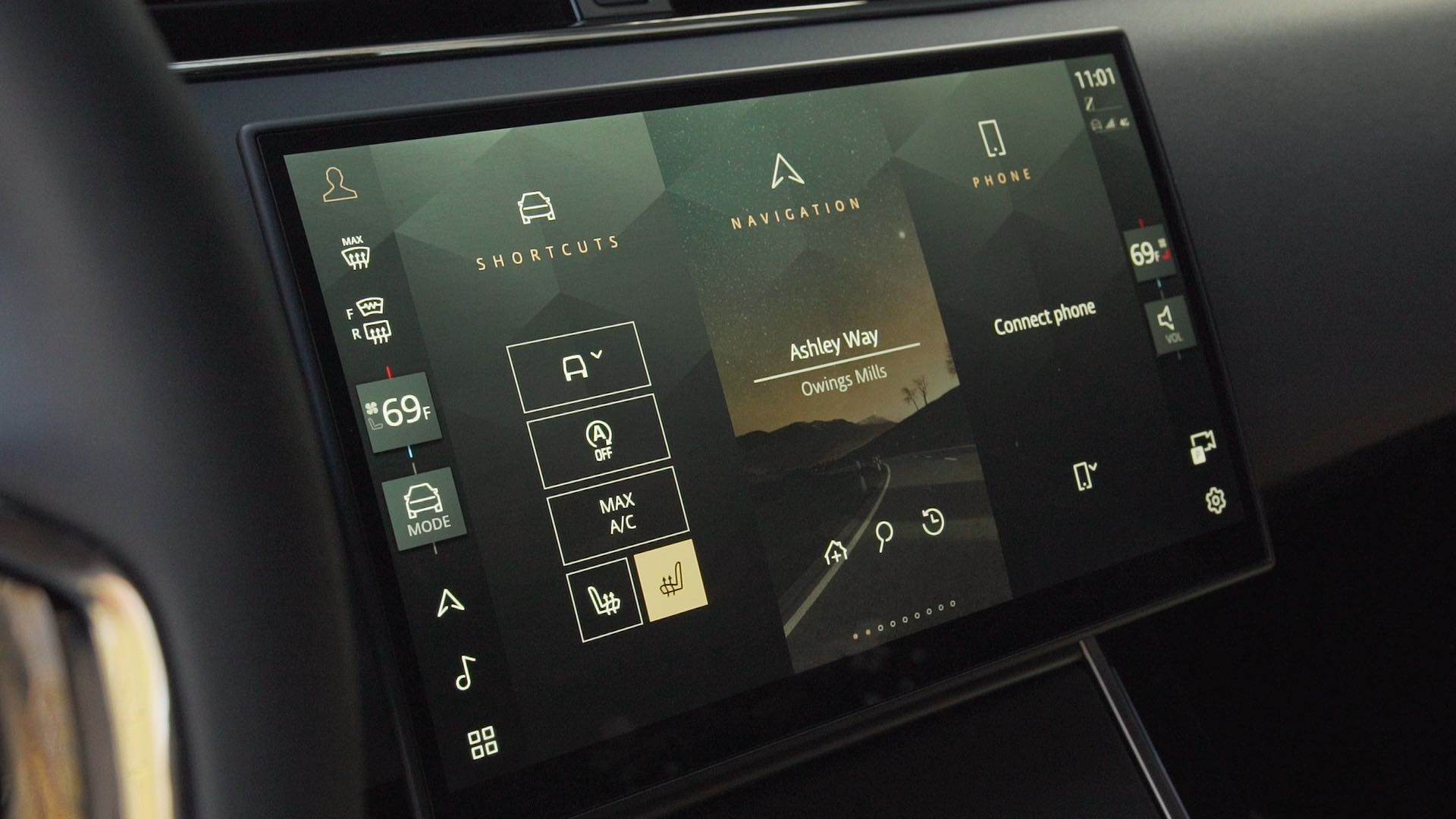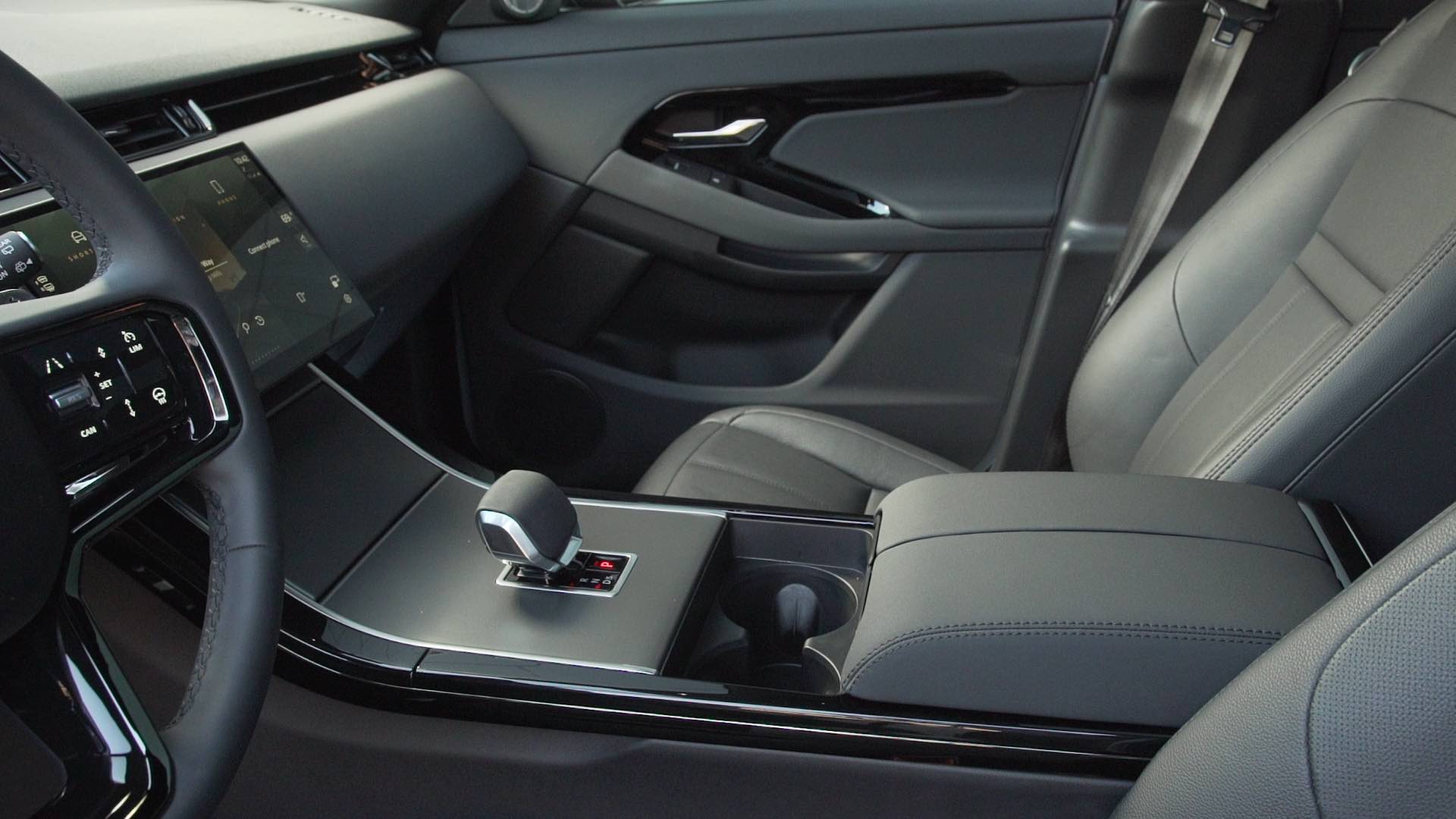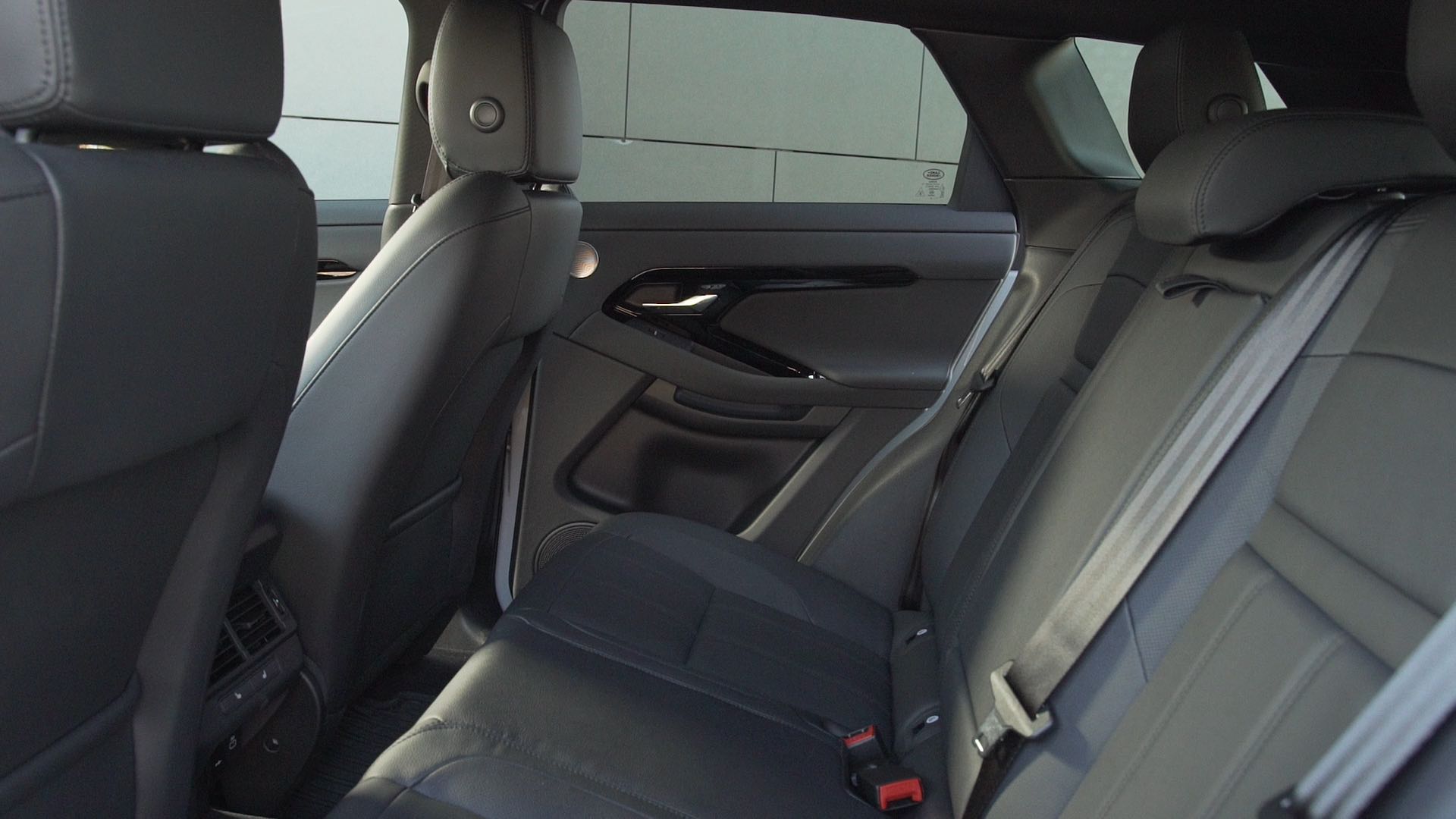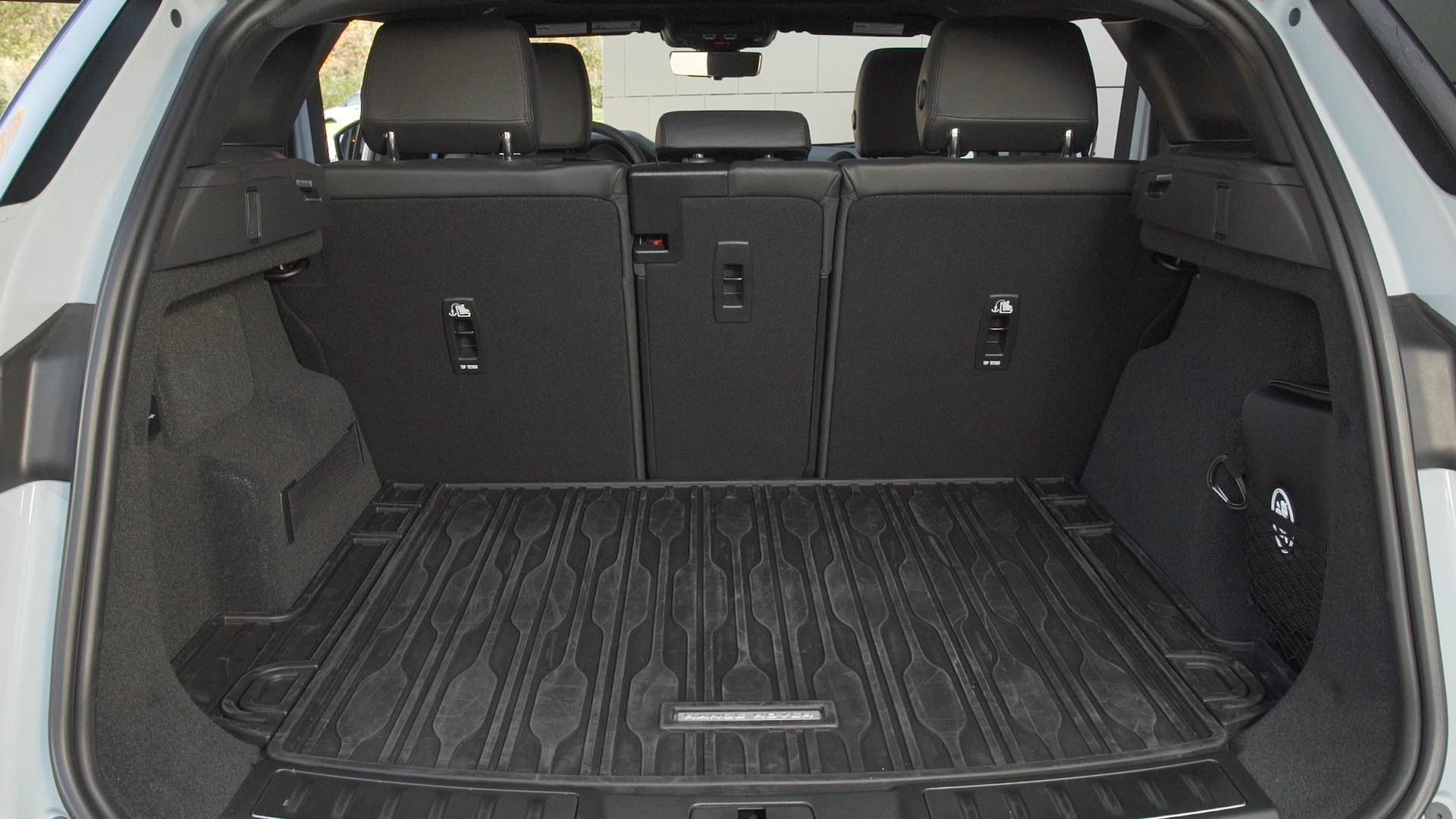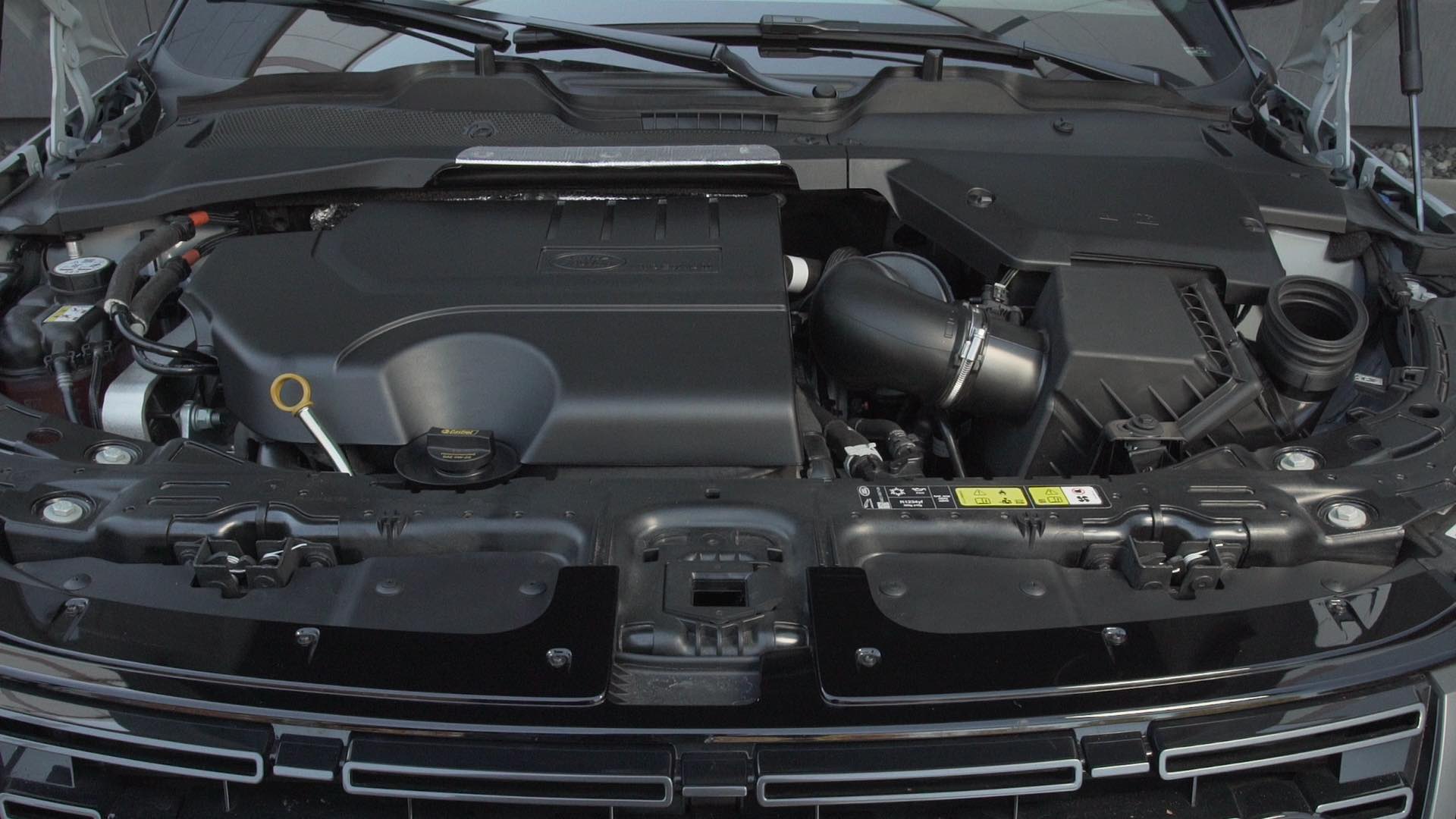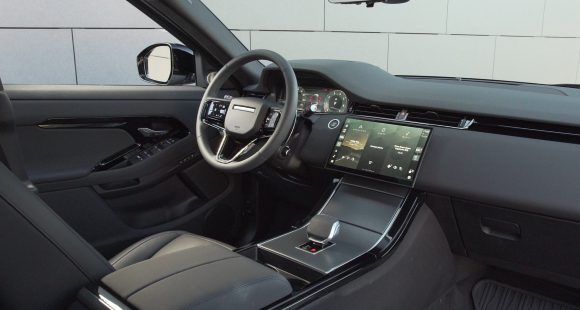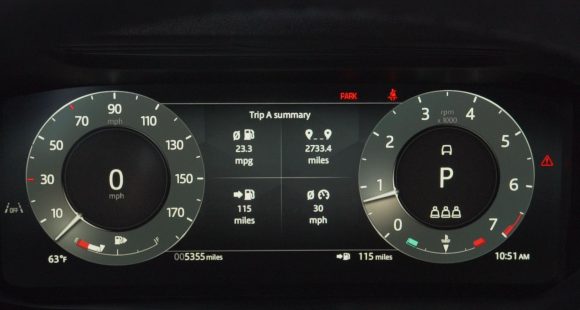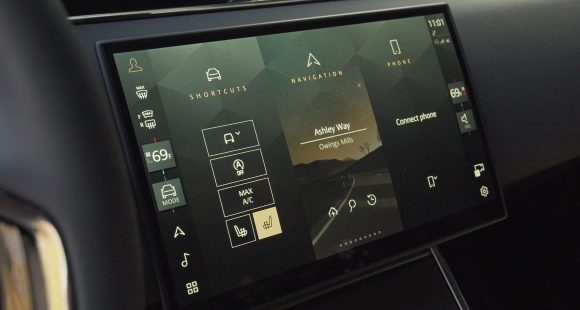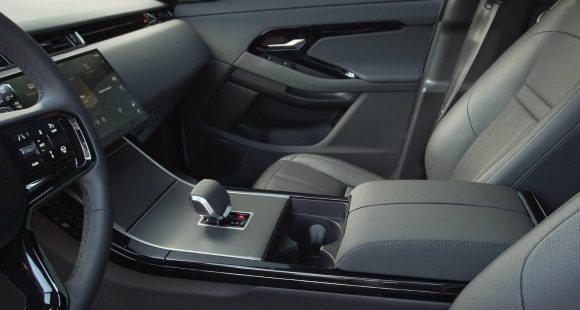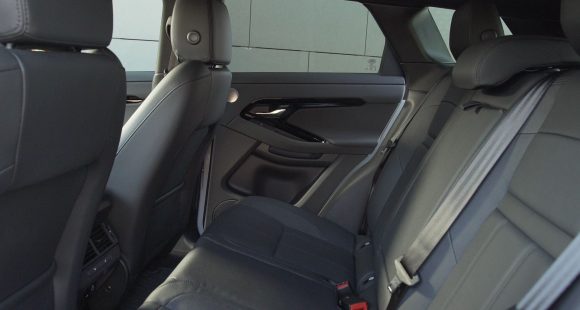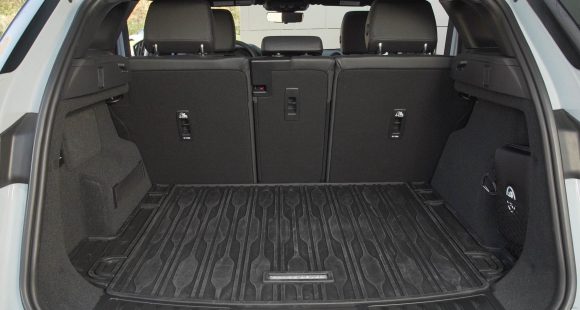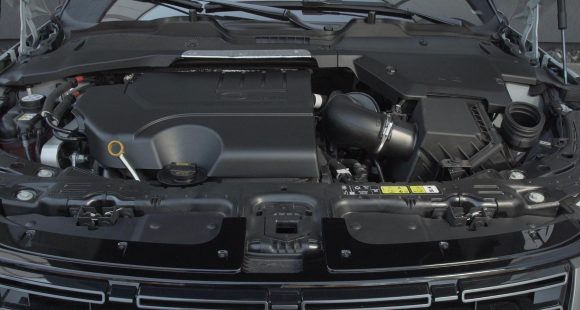2012 Jaguar XKR-S
According to Jaguar, the XKR-S is the fastest production car they’ve ever produced. Well, we couldn’t let a claim like that go by without seeing for ourselves. So, we headed to the place we know best to figure out such things out, Georgia’s Roebling Road Raceway, to find out if this cat is indeed their quickest yet!
Well, before we find out if this 2012 Jaguar XKR-S is indeed the fastest production Jaguar yet, let’s get to know it a little better.
 Based on the sleek Jaguar XKR coupe, the XKR-S takes on a more sinister look thanks to a healthy dose of performance enhancing treatments like carbon-fiber front splitter, blacked-out mesh grille, and both engine, and tall-slit-like brake cooling ducts that really visually widen the car. In profile, things take a turn to the dark side as well, with black window surrounds, fender vents, and beefy 20-inch wheels. Red brake calipers help avoid a total blackout. Out back, there’s a huge rear wing and below, a carbon-fiber rear diffuser wraps around two sets of dual exhaust tips from a Performance Active Exhaust System that really lets this cat purr.
Based on the sleek Jaguar XKR coupe, the XKR-S takes on a more sinister look thanks to a healthy dose of performance enhancing treatments like carbon-fiber front splitter, blacked-out mesh grille, and both engine, and tall-slit-like brake cooling ducts that really visually widen the car. In profile, things take a turn to the dark side as well, with black window surrounds, fender vents, and beefy 20-inch wheels. Red brake calipers help avoid a total blackout. Out back, there’s a huge rear wing and below, a carbon-fiber rear diffuser wraps around two sets of dual exhaust tips from a Performance Active Exhaust System that really lets this cat purr.
So, as great as Ian Callum’s original design was, we like it even more after this trip through “nasty” school. Okay enough of that, off to the track, or tracks, we go.
First stop is our hometown 75-80 Dragway for ¼-mile testing, where unfortunately, cold winter temperatures or maybe it was just the 550-horsepower, made launching a bit tricky. Eventually, we nailed a good one, and scorched to 60 in just 4.3–seconds. Streaking through the ¼ mile, this thing sounds absolutely awesome and unlike any Jag we’ve ever driven. It still feels like a Jaguar though, as the engine itself is smooth and quiet for the entire 12.6–seconds that it takes to reach the end of the strip at 118 miles-per-hour. Both acceleration times are a second quicker than the last XKR that we tested in 2007.
 Those quicker runs come courtesy of the 5-liter V8 engine under the hood wearing a Roots-type supercharger. It’s the same all-aluminum AJ-V8 you’ll find in the XKR, but it puts out 40-additional horsepower and 41-more pound feet of torque thanks to revised fuel mapping, making the new totals 550-horsepower and 502 pound feet.
Those quicker runs come courtesy of the 5-liter V8 engine under the hood wearing a Roots-type supercharger. It’s the same all-aluminum AJ-V8 you’ll find in the XKR, but it puts out 40-additional horsepower and 41-more pound feet of torque thanks to revised fuel mapping, making the new totals 550-horsepower and 502 pound feet.
After a comfortable and speedy 9-hour drive down I-95 we arrived at our next venue, Roebling Road Raceway, near Savannah, Georgia, where warmer temperatures weren’t the only thing that put smiles on our faces. Handling Roebling’s high speed turns? Oh yeah, this Jag’s got an app for that. The XKR’S aluminum chassis was already capable, but the XKR-S’ lowered suspension and new dampers take it to a whole new level.
Jaguar’s Adaptive Dynamics and DSC software get a sportier re-flash and there’s a new Active Differential Control. All of it helps to really put the power down out of corners. Steering feel, especially in Dynamic Mode, is about as good as it gets. You do feel the size of this car at times, mainly in tighter turns where the front tires take some abuse, but otherwise it’s one agile cat. Paddle shifters for the 6-speed automatic work well, but not well enough to forget that it’s a slush-box you’re manipulating and not a sequential manual.
 One thing that hasn’t been altered is the XK’s split personality. You can flog this beast around the track all day long, and then impress your significant other with a comfortable ride and posh interior that evening. And speaking of interior, the XKR-S’ does take a sportier turn, but not at the price of sacrificing luxury. There’s still leather everywhere, but now it’s accompanied by unique color stitching and aluminum trim.
One thing that hasn’t been altered is the XK’s split personality. You can flog this beast around the track all day long, and then impress your significant other with a comfortable ride and posh interior that evening. And speaking of interior, the XKR-S’ does take a sportier turn, but not at the price of sacrificing luxury. There’s still leather everywhere, but now it’s accompanied by unique color stitching and aluminum trim.
While technically not a limited edition vehicle, Jag expects to sell fewer than 100 XKR-S’s at a rarified price of $132,875; and there’s a convertible version arriving soon, as well.
So, the 2012 Jaguar XKR-S is indeed the fastest production Jaguar ever, and incredibly enough, it accomplished this without losing any “Jag-ness” along the way.
Specifications
- Engine: 5-liter V8
- Horsepower: 550
- Torque: 502 lb-ft.
- 0-60 mph: 4.3 seconds
- 1/4 mile: 12.6 seconds @ 118 mph
2025 Land Rover Range Rover Evoque
Baby Rover Continues To Evolve
When most people hear “Range Rover” they tend to think of high class, high performance and high dollars. But, Range Rover does the entry-level thing quite well too with this Evoque. It has plenty of posh attitude, along with some recent updates. So, let’s see how the Evoque continues to evolved.
Our involvement with the Land Rover Range Rover Evoque’s evolution began when this small utility first arrived for 2012. It looked more Spice Girl than Tough Mudder, but it packed a surprising amount of capability into its subcompact dimensions. This second gen arrived for 2020, and has gained recent updates at the most likely midway point in its lifecycle.
Intrigued but not necessarily enthused could probably best describe our history with the Evoque, but Land Rover always has a way of drawing us in with very tasteful designs. They pretty much got this one right back in 2020, so styling revisions are largely limited to new Pixel LED headlights and a reshaped front fascia. There’s also new super-red signature lighting in back, all of it done to bring the Evoque more in line with the rest of the Range Rover family.
And like all of its siblings, all-wheel drive is standard and it does have Terrain Response 2 with specific off-road modes, but no one’s expecting to see a lot of Evoques out on the trail, unless there’s a new Lululemon Outlet at the other end of it having a killer sale.
Land Rover has once again taken the P300 296-horsepower version of the Evoque’s 2.0-liter turbo-four out of the lineup, leaving just the standard 249-horsepower version under the clamshell hood. No complaints from us, its 269 lb-ft of torque is more than adequate to move this 3,900 lb. ute around.
And at Mason Dixon Dragway, it moved us to 60 mph in 7.7 seconds. There was plenty of traction off the line, and while not overwhelming, power feels plentiful, staying very consistent down the track. Gearchanges in the Evoque’s nine-speed automatic transmission were quick and smooth, barely a blip in the process as we finished the quarter-mile in 16 seconds flat at 85 mph. Plenty quick for a compact utility with luxury intentions.
[It maneuvered] with a substantial presence that not too many small utilities have.
It felt quite good through our handling course too, with a substantial presence that not too many small utilities have. The Evoque uses selective braking to torque vector power between all four wheels, and it enabled us to cruise through the cones quickly without any excessive understeer or oversteer. There was some nosedive during our panic braking test, but the brakes were very responsive and strong enough to bring us to a halt in a short 115 feet from 60.
But, it’s the inside experience that really matters with any luxury vehicle, particularly in a Range Rover. And here things look more high-end Swedish than Tudor or Victorian, with a minimalist cabin design that’s way more visually appealing than practical. There’s real leather covering just about everything, and what appears to be just a tablet stuck in front of the dash is a new 11.4-inch touchscreen. Not only are the inner workings much faster than the previous infotainment setup, but the entire interface of this Pivi Pro system is vastly better than the split screen approach of before.
The center console that leads up to it appears much less cluttered and frees up some additional space for storage. The shifter is still here, but it has gotten much smaller. Front seat space and comfort remain high, though rear seat room is still very tight for adults. Cargo space is not bad for a small utility, with room for 21.6 cu-ft. of gear in the hold, which expands with 40/20/40 split-folding seatback flexibility to 50.5 cu-ft.
Government Fuel Economy Ratings are 20 City, 27 Highway, and 22 Combined. That’s an average Energy Impact Score, using 13.5 barrels of oil annually, with CO2 emissions of 6.6 tons.
Land Rover has been paring things down in the Evoque lineup for years, no longer offering a two-door version or the convertible, and now have simplified things even further to just the P250 available in only two trims: S, which stickers for $51,175, and Dynamic SE, which starts at $56,375; but you can add just about every package available and still come in right around $60,000.
Luxury-minded utility vehicles are coming at us from all angles these days, but the 2025 Land Rover Range Rover Evoque is a bit unique in that it remains as sort of a cheat code for sneaking you into the Range Rover VIP experience. You’ll feel like you’re getting away with something every time you drive it.
Specifications
As Tested
- Engine: 2.0-liter turbo-four
- Transmission: 9-speed automatic
- Horsepower: 249
- Torque: 269 lb-ft
- 0-60 mph: 7.7 seconds
- 1/4 Mile: 16 seconds at 85 mph
- Braking, 60-0 (avg): 115 feet
- EPA: 20 City | 27 Highway | 22 Combined








